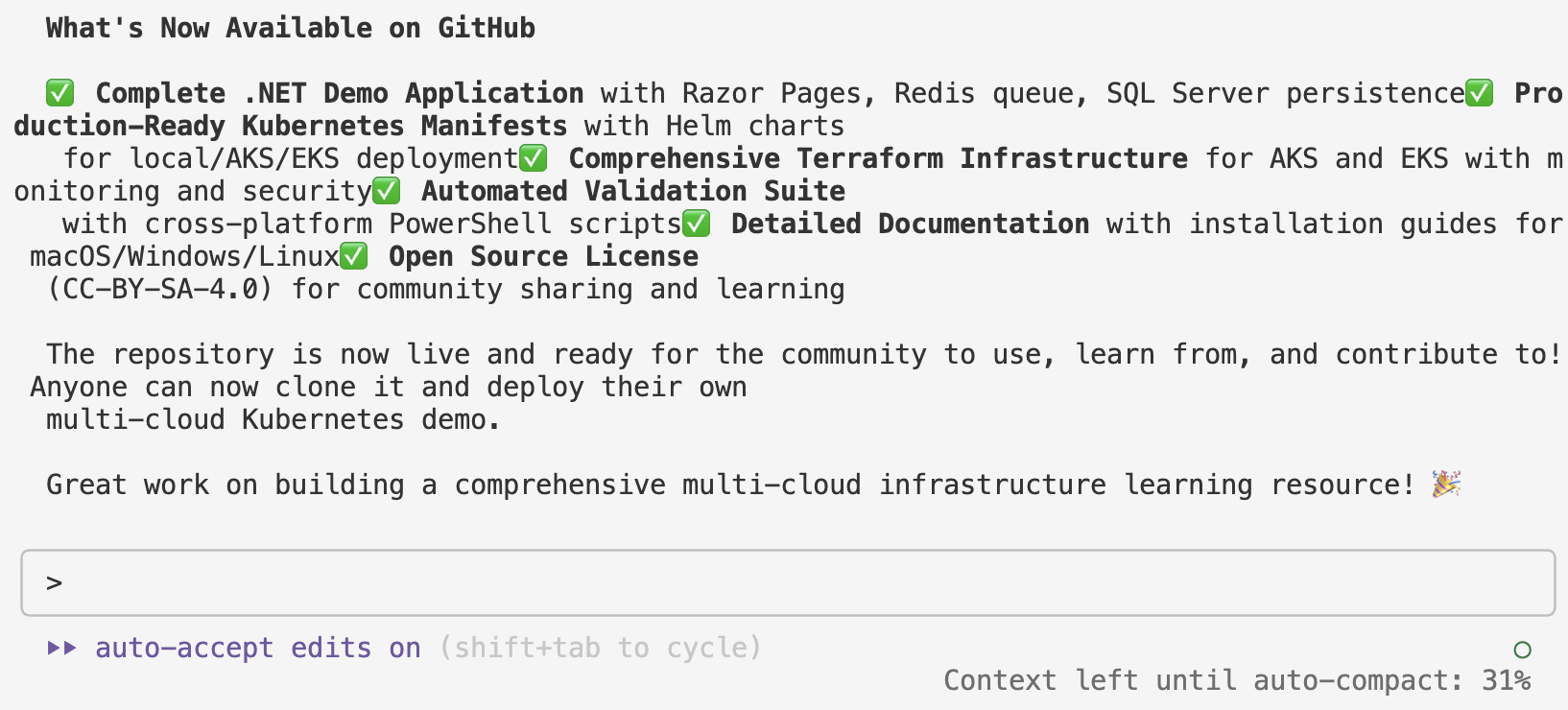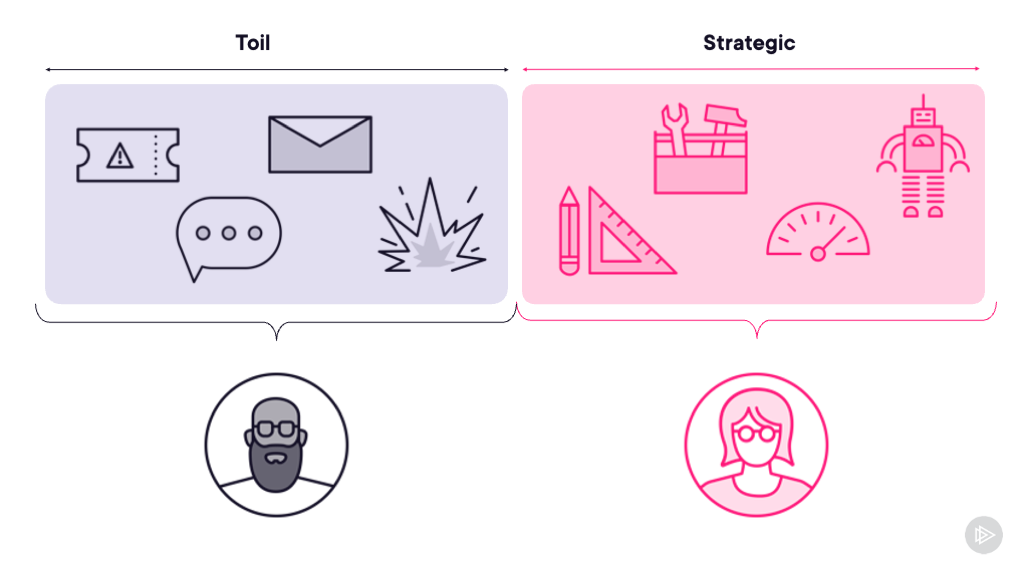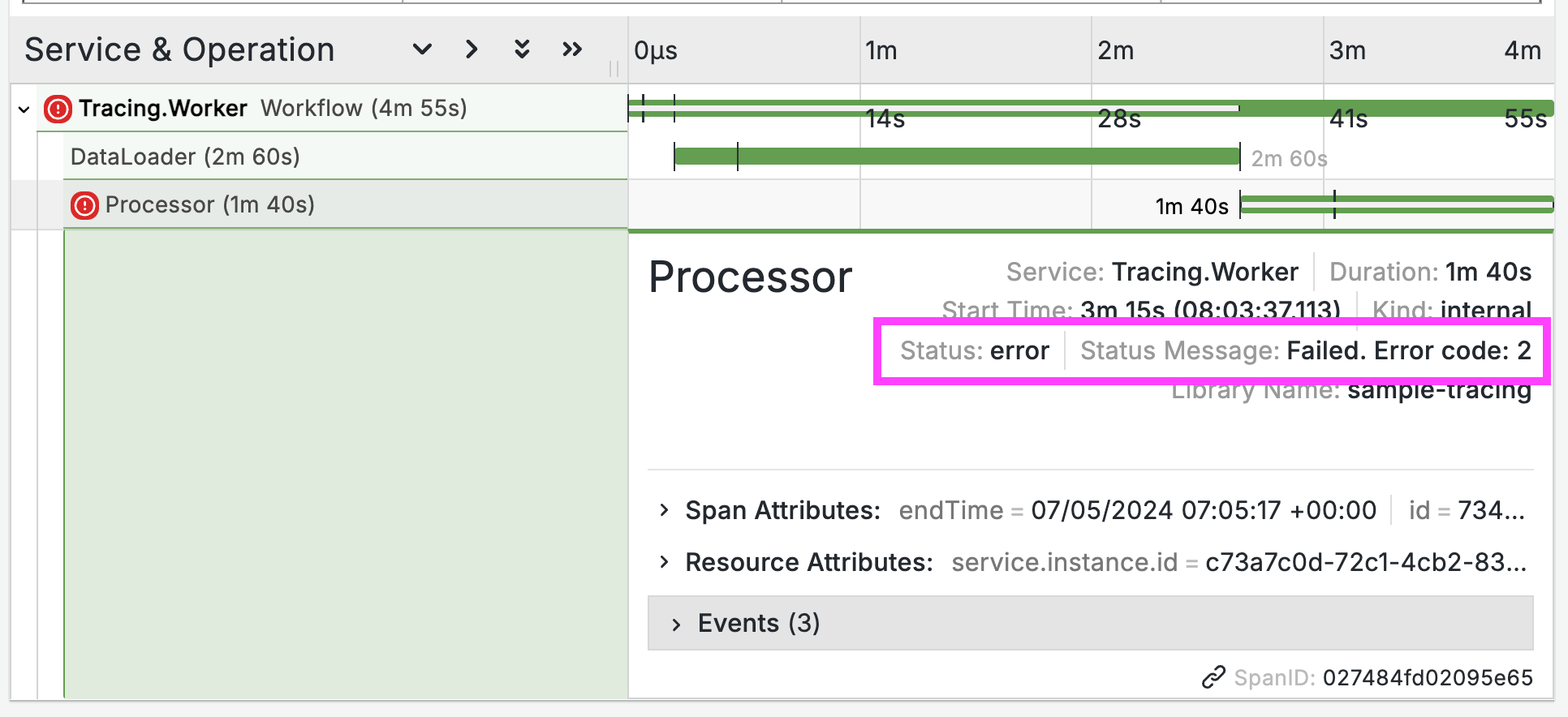Six Questions with Pluralsight Author: Richard Seroter
I used to be a regular reader of Richard Seroter’s “Four Questions With” series, interviews with technology thought leaders that contained a lot of insight, and some daftness, and were always a good read.
As Richard has moved on, I thought it would be great to resurrect the idea, targeting a different set of thought leaders – Pluralsight Authors - who are some of the best teachers and practitioners in the industry.
I couldn’t make a better start than with Richard himself, who kindly agreed to kick the series off. So here are Six Questions with Pluralsight Author, Richard Seroter.
1. What are you learning at the moment?
Lots of stuff! I recently switched employers, and will be investing some time learning Spring (Java framework) given that Pivotal is a big sponsor of it, and our customers love using it. I’ve also been spending time with infrastructure build tools (Terraform, Vagrant, Ansible) and learning enough Linux to be dangerous. I’m still a Windows guy, but the world is multi-platform and I like being well-rounded and capable of talking about a wide range of things.
2. You’ve worked with a whole range of platforms - BizTalk, AWS, Azure, Salesforce, Cloud Foundry and more. Which has been your favourite stack?
Tough question! Each one has their own perks and I’m fond of each of the ones you’ve listed. BizTalk taught me how to think about distributed systems (e.g. loose coupling, messaging, connecting disparate apps). AWS and Azure (and CenturyLink Cloud!) taught me about truly elastic, on-demand platforms. Salesforce is amazing for rapid development and putting the focus on solving customer problems. And Cloud Foundry taught me about considerations for cloud-native apps and embracing constraints. So, I can’t pick a favorite, as each has made a meaningful impact!
3. As a cross-platform guy, do you find genuine Microsoft vs. Non-Microsoft camps within (or between) delivery teams?
Less so than before. Given Microsoft’s shocking transformation into a services company (versus proprietary software only), there’s a better vibe about what Microsoft is doing. The non-Microsoft camps still carry baggage about Microsoft’s past behavior and products, but that group is shrinking. However, I still see a majority of innovative server platforms targeting Linux and only casually paying attention to Windows. I believe this will result in Microsoft-friendly shops still embracing more and more Linux, which means it’s important for Microsoft-only devs to broaden their horizons just a bit!
4. Your output is prolific so you must work very effectively. How religiously do you follow the advice from your own course, Productivity Tips for the Busy Tech Professional?
I’m a big believer in working smarter, not harder. Believe it or not, I get a good 8 hours of sleep every night :) That particular Pluralsight course was based on items I collected over the years, and is something that mirrors how I work every day. It’s not the right model for everyone, but hopefully the most important takeaway for viewers is that we all should pay attention to how we work best, and proactive set yourself up to work that way!
5. I think the pace of change in the tech world is faster than ever, and accelerating faster too. What’s your advice for practitioners and learners on how to keep up, and how to distinguish between signal and noise?
It’s really unbelievable now. I can’t believe the rate of change. I’ve learned that I can keep awareness of many things, but I have to willingly declare bankruptcy on topics I can’t go deep on. Instead of feeling anxious because I can’t learn everything, I’ve come to peace with the fact that I can be informed about a lot of stuff, but will only be proficient at a handful of things. People should pay attention to, and investigate further, the items that matter TO THEM. Don’t try to learn things you have no interest in. Life is too short.
6. If you could go back and change one thing in one project delivery, what would it be?
Oh, I’d probably change many things on every project that I’ve been part of. The one that stands out was a multi-year project that was delivered as a “big bang” after an extensive requirements phase. If I could do it again, I would have ruthlessly scoped the project down to a minimum viable release, gotten feedback from users, and iterated from there. Modern software, with the user in mind, can’t be built with giant upfront design and “locked requirements.” Iterative releases, fast feedback, and intense prioritization are the way to go!
Many thanks Richard! I’ll have another six questions for another Pluralsight author next week. Now check out Richard’s Pluralsight courses…





Comments